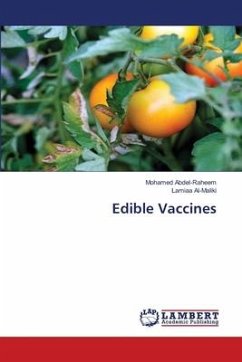Vaccines differ from other medical drugs in two important ways. The first is that they are designed to prevent disease, rather than treat it. They do this by priming a person's immune system to recognize specific disease-causing bacteria, virus or other pathogen. This "memory" can last years, or in some cases for life, which is why vaccination can be so effective, stopping people from getting sick rather than waiting until disease occurs. The second is that vaccines by their nature tend to be biological products, rather than chemical like most drugs. This not only means that the processes involved in making them are usually more complex and expensive, but also that they tend to be less stable than chemicals and more vulnerable to temperature changes. Because of this, vaccines normally need to be refrigerated to keep them within a specific temperature range. The type of vaccine will determine how low a temperature the vaccine needs to be stored at. Most vaccines need to be kept refrigerated or frozen, but intranasal vaccines are now being developed that can be stored at room temperature.








